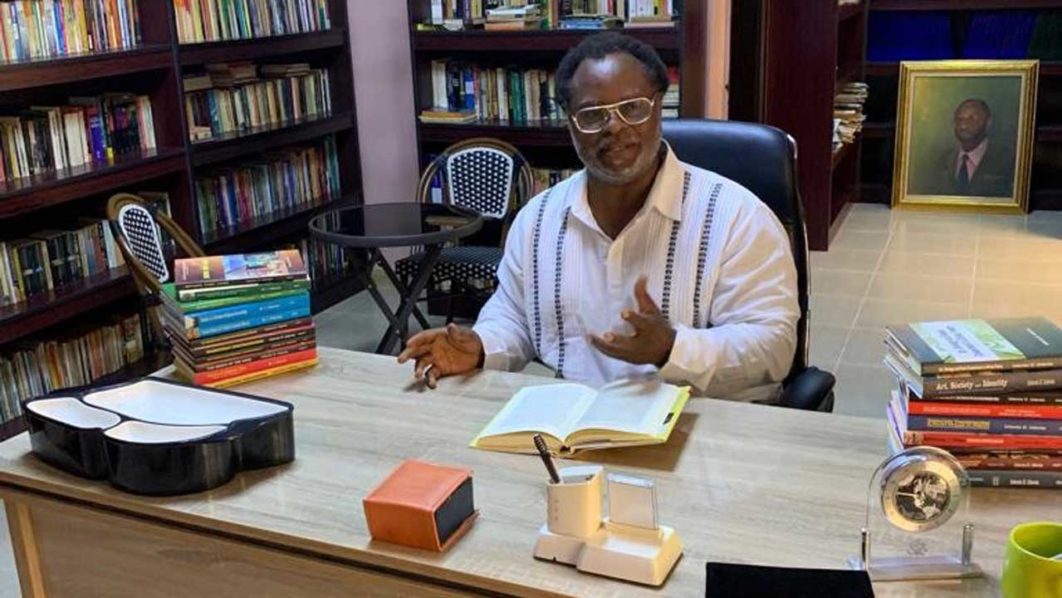
The founding National Secretary of Alliance for Democracy (AD), Prof. Udenta O. Udenta, has said that President Bola Tinubu should expect more hunger protests higher in intensity and range than the just-concluded ones, unless significant economic changes occur, such as reducing food prices and inflation.
In a statement he issued in Abuja, yesterday, Udenta highlighted three critical national issues, the End Hunger Protests, the overall state of the nation, and Yakubu Dogara’s controversial remarks that could incite violence.
He further advised the President to reverse the naira depreciation and to make the prices of petroleum products within the reach of the people. He reiterated that the widespread hunger and poverty are pervasive across Nigeria, affecting nearly all, but a small population of elites.
Udenta acknowledged that while Tinubu has recognised the people’s struggles, social instability and mass mobilisation would continue unless action is taken. He added: “The President’s national broadcast may not have met the expectations of a large segment of society, but give him credit for admitting that the people are hurting and that he hears their cry loud and clear.
“But so long as they continue to cry with no end in sight, expect social instability, mass mobilisation, regime demonisation, and national fault lines tearing apart rapidly, no matter the forces that are deployed to contain them.
“As the saying goes, he or she who is already on the ground fears no fall.” He stated that peaceful protests are a constitutional right and essential for democracy, but organisers must ensure that their actions remain civil and non-violent. He also addressed the notable absence of the Igbo community in the recent protests, suggesting that their historical experiences and fears of harsher treatment have led to their non-participation.
The AD stalwart called for dialogue to reintegrate the Igbo into national discussions about the country’s future. Udenta concluded that without addressing the underlying political issues, economic solutions would be ineffective. He posited that until the political framework improves, the economic challenges will persist, criticising Tinubu’s government for its failure in this regard.
The current state of the nation is characterised by economic difficulties, widespread hunger, and high levels of poverty, attributed to the Tinubu administration’s inability to effectively manage the political landscape. He said that there was a noticeable lack of consensus among the political elite, leading to a weakened power base for Tinubu compared to when he first took office.
Address hardship to avert another protest, Udenta tells Tinubu

Udenta O. Udenta
Udenta O. Udenta





